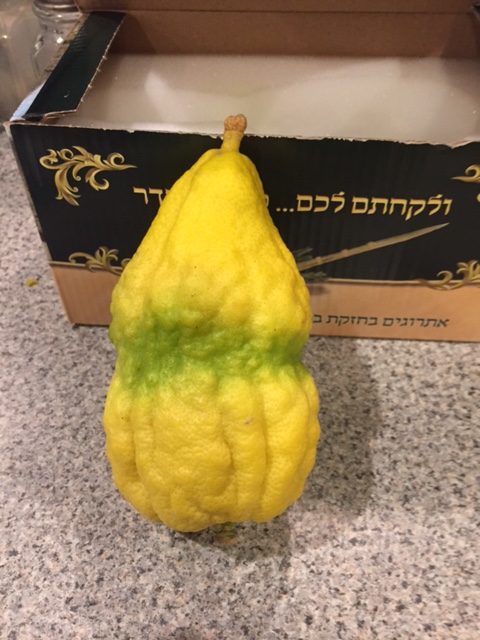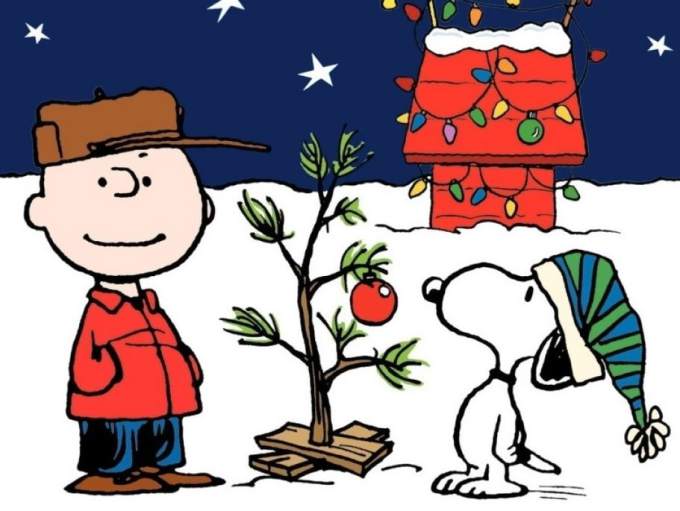Yesterday, I was honored to deliver a presentation at Limmud Michigan at Wayne State University in Detroit. Limmud Michigan brought together hundreds of participant to learn from various teachers addressing various subjects of Jewish learning.
I chose to present a class on the four children of the Pesach haggadah calling it: “Brilliant Rabbinic Wisdom, Tragic Rabbinic Mistake”. I was pleased with the reaction to the class but a couple of people noted that I ran out of time at the end to develop my idea about the “mistake” more completely. It sill made an impact, judging by the reaction of the participants, and maybe a few passionate sentences at the end of my presentation were enough to be memorable for many. But, I have developed the point further and in fact it was the subject of a Kol Nidre sermon that I delivered a few years ago. During a later posting, I’ll say more about the four children section itself but here is a more complete discussion of the tragic Rabbinic mistake which should haunt us to this day and should compel us to consider those around us differently than the rabbis did.
THE FOUR CHILDREN OF THE HAGGADAH.
We welcome them to our table every year and our holiday would not be complete without them.
They have been portrayed in many different ways, this time in the form of different Jews from different centuries … this time as the four Marx Brothers … this time as kids you recognize from the school playground, right up to the one with the orange spiky hair.
They don’t talk to each other. But they do talk to you.
They demand your attention, and inspire you to talk back to them with your own commentary and your own conclusions. They are fascinating creations with their roots in the Torah and their personalities crafted by Talmudic Rabbis who were so perceptive regarding human nature.
They run the gamut: one is wise, one is rebellious or even wicked, one is simple and naïve, one doesn’t even know how to ask. And they sit at the table and demand that we recognize them and identify with them.
And identify with them we do. Each year we ask ourselves: which one am I? Of course, as so many commentaries have suggested, each of us is all four of them, rolled up into the complex individual each of us is. We have a wise side, we can be rebellious. We need to confront the world with basic simplicity. We don’t even know where to begin to ask. Yes, that is what the commentaries say. But deep in our hearts, each year — depending on what has happened in our own lives, in the world at large, maybe even depending on who is leading the Seder at which we find ourselves — we identify more closely with one or the other.
These four children — wise, rebellious, simple, unable to ask –they are us and we know it.
But there is one thing about them which is not like us: they never change. Each and every year, each asks or doesn’t ask the same question; and the question they ask, or they don’t ask, is written in stone, taken directly from the Torah’s verses which describes a father teaching his child about the Exodus.
I grew up in a home in which the four children, or four sons as we knew them then, were among the most important characters we met over the course of the year. The leader of our Seder loved them, found them to be so deeply meaningful and inspirational; and, perhaps because of that, his son took his fascination even further, teaching classes year after year about the intricacies of the commentary and interpretation and how accurate it is to the text. I love to teach this text and have shared it with so many, especially, bar and bat mitzvah families and always with the same lesson: our kids, as we, are each distinct individuals and go through different stages and each must be answered in an appropriate way.
But one year, I realized something troubling about the four children that I had never noticed before. It was so obvious and I had missed it all along; and not only had I missed it, but in all my studying I had never come across this comment from any Rabbi or scholar. If someone else had written it, I would quote it in his or her name and, as our sages say, thus help bring redemption to the world, the reward for appropriately attributing a teaching. But I haven’t found it anywhere else.
And here is what troubles me ….
How can we do this to people we respect and learn from? How can we set them in stone the way we do? Throughout history, they will never change. They will always be wise or rebellious or simple or unquestioning. They are never allowed to change.
And that is for one simple reason: because they have been given a name — wise, rebellious, simple, unquestioning. And once someone has a name, that name becomes their identity.
The wise child will never rebel, he will always be wise. The rebellious child will never conform, he will always be the rasha. The simple child will never understand, he will never grow. The fourth will never speak.
How much better would it have been, how much wiser would our Rabbis — who are usually so on target educationally — have been had they introduced these four children as: the one who asked a wise question, the one who asked a rebellious question, the one who asked a simple question, the one who did not ask at all.
It would have been a subtle difference, but it would have been so instructive; for instead of labeling them, it would have been their question that would have been labeled. And the possibility would have existed that this rebellious child might one day have asked a wise question, and the wise child decided to play rebel for one day, and we would have focused on the action instead of the personality.
I want you to open your machzor for a moment and turn to page 239, to the Selichot prayers for the Yom Kippur service, prayers which we will say in a few moments and then repeat on four other occasions before we blow the Shofar tomorrow evening.
I want you to follow with me a progression in these penitential prayers that I think is extremely significant and perceptive and will help us all understand teshuva, repentance, more clearly.
After we sing the words which seem to define the Kol Nidre service, Ki Anu Amecha V’atah Elohaynu, we make two statements: Anu kishay oref v’atah erech apayim. Anu …
These are dangerous statements to make. They may be true, but they are dangerous. Yes, at times we are stubborn. But it is such a dangerous statement, the machzor doesn’t allow it to stand.
The selichot prayers are not allowed to end here. Instead, we go in a different direction. We progress to Ashamnu — an acrostic list of generalized sins that someone in the community has committed, which we confess together for two reasons: one, we’re all in this together and confessing all of the sins provides cover for those who really did some of these awful things; and secondly, we’re never sure we remember all the negative things we’ve done, so expressing regret for something we may not have done may not be the worst thing in the world.
Note that in the Ashamnu, the statement that anu k’shay oref (“we are stubborn”) has been changed into kishinu oref, which is a verb not an adjective, and is translated “we have acted stubbornly.”
This idea than continues with the al het, which focuses solely on actions as we confess the sins we have committed.
The machzor has done what the haggada didn’t do: it moves beyond labeling to identifying actions, something that each of us knows in our hearts is the best way to judge an individual or judge ourselves.
When we label ourselves or attach a label to someone else, it is so difficult, near impossible to shake. How many children have suffered because they have been labeled? How many adults have found the road to desired teshuva locked before them, because society in general has attached a label to them like a straight jacket which can not be shed? How many of us struggle to escape the labels we have internalized and allowed to dominate our lives?
In so many ways, our actions are an extension of our personality. But how often do we use that as an excuse? We say: “I’m just a stubborn person, I’ll never change.” How often does society expect nothing more from an individual who has been labeled hopeless? How often do we not even recognize when a person we have classified in a negative way has acted in a completely different way, a way which ought to inspire our respect but instead is treated with cynicism because, after all, what good can we really expect from such a person?
Of course, once we have acted in a certain way enough times, it becomes difficult to break out of it. Our Rabbis taught sichar mitzvah mitzvah sichar avayrah avayrah, which I will translate as “the result of doing a mitzvah is doing another mitzvah, the result of sinning is sinning again.” Our actions do become ingrained and become part of us. But that is what teshuva is meant to correct, breaking away from patterns; and as difficult as it is to do that, it is infinitely more difficult when the actions that we have performed are not just associated with us but become identified, by others and by ourselves, with our very being.
When you read the selichot prayers this year, think about how different it is to confess actions than to doom yourself to a life of such actions with the adjective the machzor begins with and then rejects. Think about how many times, without thinking about it, we ourselves have allowed the labels we assign to others to trap ourselves — and to trap them — into a situation in which teshuva, repentance becomes impossible.
Then think back to those four guests at the Seder table — how horrible their lives have become because we’ve never let them be any different than they were at the one moment they opened up their mouths.
What a terrible injustice we have done to them and to so many of God’s children who came after them.
Please rise for the selichot prayers.

 The etrog needed me.
The etrog needed me.